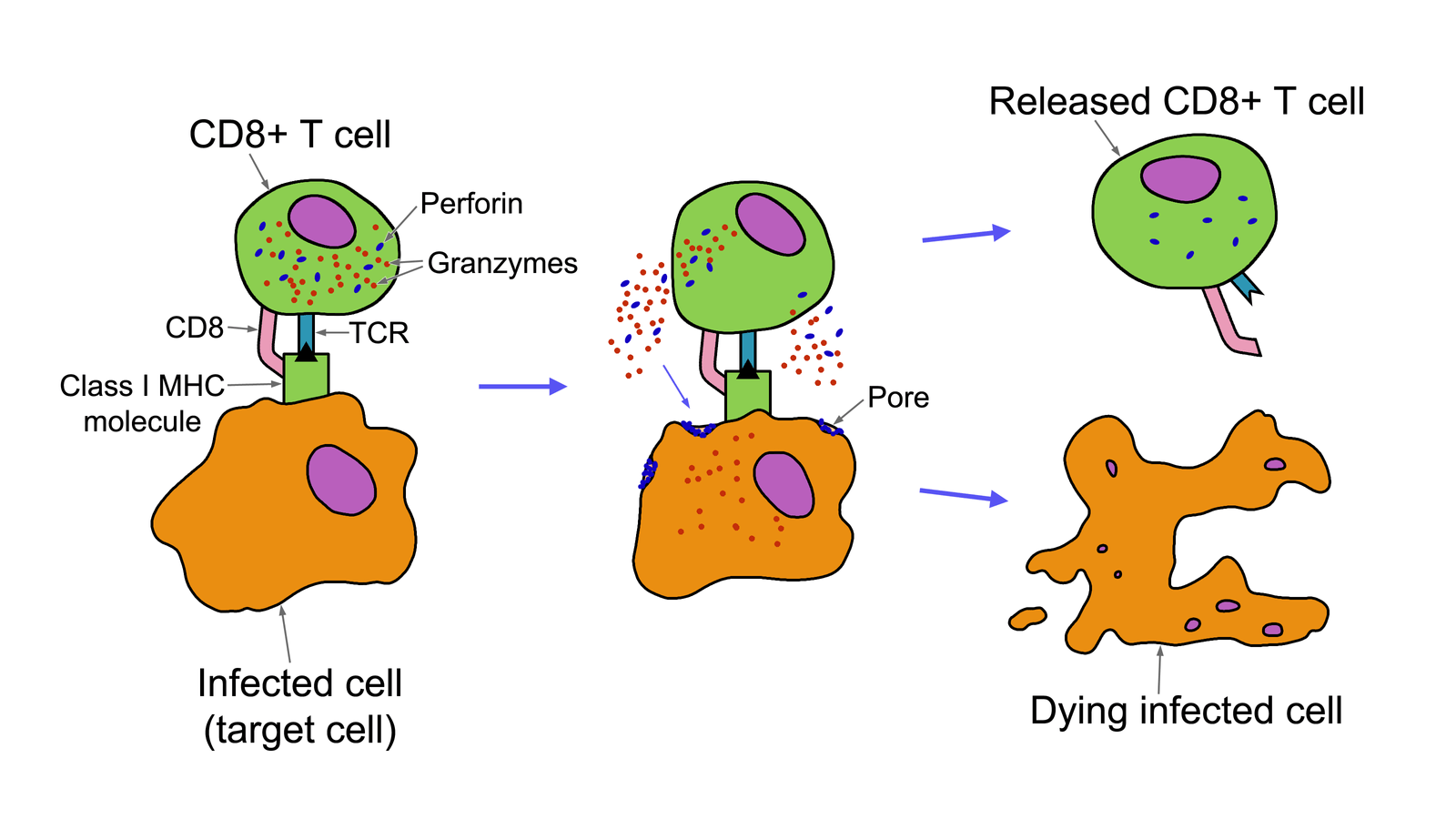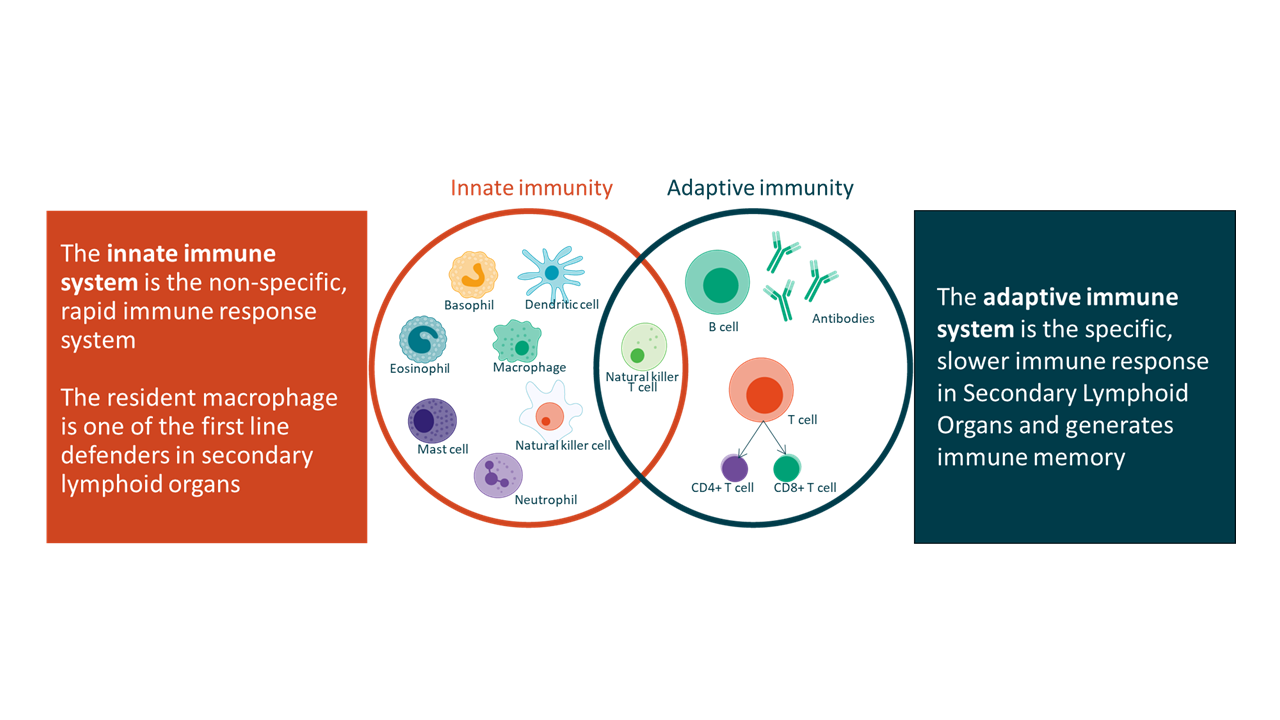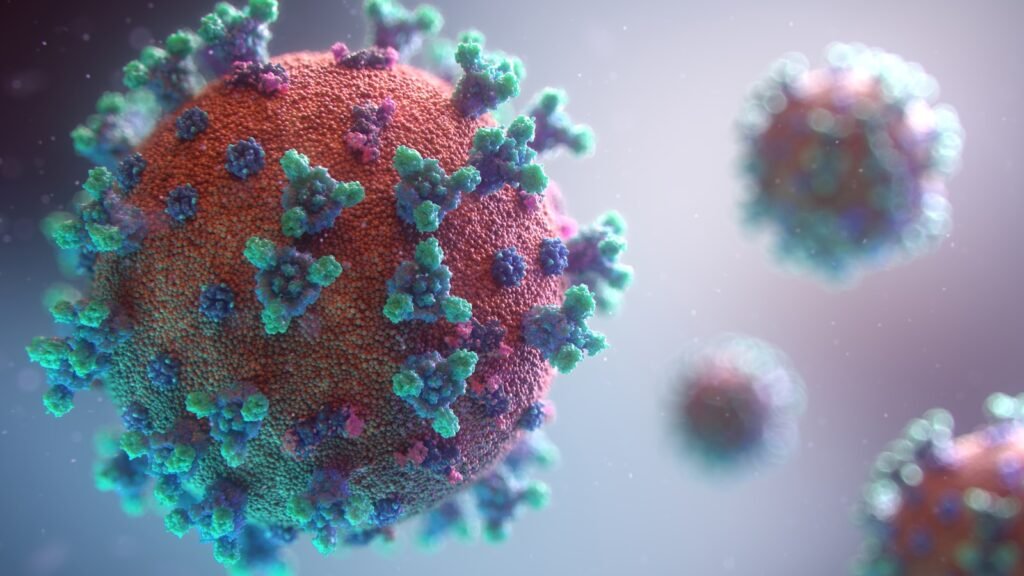In the midst of the global pandemic, a curious phenomenon has emerged: some individuals seem to evade the grips of COVID-19 entirely, even when exposed. This mysterious resilience has sparked a wave of scientific curiosity and investigation. Could it be that some people are naturally immune to COVID-19 and other viruses? As we delve into this intriguing topic, we unravel the complex interplay of genetics, environment, and immune system dynamics that may hold the key to this enigma.
The Role of Genetics in Immunity
Genetics plays a pivotal role in determining our immune responses. Our genes influence everything from how we recognize pathogens to how effectively we mount an immune response. Certain genetic variations can enhance the ability of immune cells to identify and neutralize viruses, including COVID-19. For instance, some people carry specific alleles that improve the function of proteins involved in the immune response, making them more adept at fending off viral invaders. This genetic advantage is akin to having a well-trained guard dog for your immune system, always on the lookout for potential threats.
Cross-Protective Immunity from Previous Infections
Previous infections with other coronaviruses might also provide some level of immunity against COVID-19. This phenomenon, known as cross-protection, occurs when the immune system recognizes similarities between past and present pathogens. For example, if someone has been exposed to common cold coronaviruses, their immune system might already have a partial blueprint for tackling COVID-19. It’s like having a map of a familiar neighborhood, allowing one to navigate new but somewhat similar paths with ease.
Exposure to Environmental Microbes
Our environment is teeming with microbes, and constant exposure to these can bolster our immune defenses. People who grow up in rural settings or spend a lot of time outdoors may have a more robust immune system due to frequent exposure to a diverse array of microorganisms. This constant “training” of the immune system can enhance its ability to recognize and respond to new pathogens effectively. Think of it as an immune system boot camp, where repeated exposure to diverse microbial challenges builds a more resilient defense force.
The Power of T-Cells

T-cells, a type of white blood cell, play a crucial role in our immune response. They help identify and destroy infected cells and can remember past infections. Some individuals may possess T-cells that are particularly effective at recognizing the SARS-CoV-2 virus, even if they have never been exposed to it before. This might arise from their exposure to similar viruses in the past, which have primed their T-cells. It’s akin to having a highly skilled team of detectives who can solve a case even before it’s fully unfolded.
Innate Immunity: The First Line of Defense

Apart from the adaptive immune system, our innate immunity serves as the first line of defense against pathogens. Innate immunity is non-specific and acts swiftly to neutralize invaders. Some people may have more efficient innate immune responses, allowing them to suppress the virus before it gains a foothold. This rapid response is like having an early-warning system that detects and neutralizes threats before they escalate.
Influence of Lifestyle and Diet
Lifestyle factors, including diet, exercise, and sleep, significantly impact our immune health. A balanced diet rich in vitamins and minerals supports the immune system, while regular exercise improves circulation, aiding in the efficient transport of immune cells throughout the body. Adequate sleep is essential for the repair and regeneration of immune cells. Individuals who prioritize these aspects of their lifestyle may enjoy enhanced immunity, making them less susceptible to infections. It’s the equivalent of maintaining a well-oiled machine, ensuring all parts work harmoniously.
The Impact of Stress on Immunity
Chronic stress can weaken the immune system, making individuals more vulnerable to infections. Stress hormones like cortisol can suppress immune function, reducing the body’s ability to fight off viruses. Conversely, effective stress management techniques, such as meditation and mindfulness, can bolster immune resilience. It’s like managing the pressure in a steam engine; controlled levels lead to smooth operation, while unchecked pressure can cause a breakdown.
Age and Immune Response
Age is a significant factor in immune response, with younger individuals typically having more robust immune systems. As we age, our immune function tends to decline, making older adults more susceptible to infections. However, some older individuals maintain strong immunity due to factors like genetics, lifestyle, and previous exposure to pathogens. This resilience can be compared to a vintage car that, with proper care, continues to run smoothly despite its years.
Understanding the Role of Vaccines
Vaccines play a crucial role in enhancing immunity by training the immune system to recognize and combat specific pathogens. While natural immunity might protect some individuals, vaccines provide a controlled way to achieve immunity for a broader population. They act as simulations, preparing the immune system for potential encounters with the real virus. Vaccines are like fire drills, ensuring readiness in case of an actual emergency.
Future Research and Implications

The mystery of natural immunity to COVID-19 and other viruses continues to intrigue scientists. Ongoing research aims to uncover the precise mechanisms behind this phenomenon, potentially paving the way for new therapeutic strategies. Understanding natural immunity could lead to breakthroughs in vaccine development and individualized medicine. It’s a frontier of discovery that promises to reshape our approach to combating infectious diseases.
In unraveling the enigma of natural immunity, we gain valuable insights into the intricate workings of the human immune system. Each discovery brings us closer to a future where we can harness this knowledge to protect ourselves and our communities from the ever-evolving threat of viruses.




